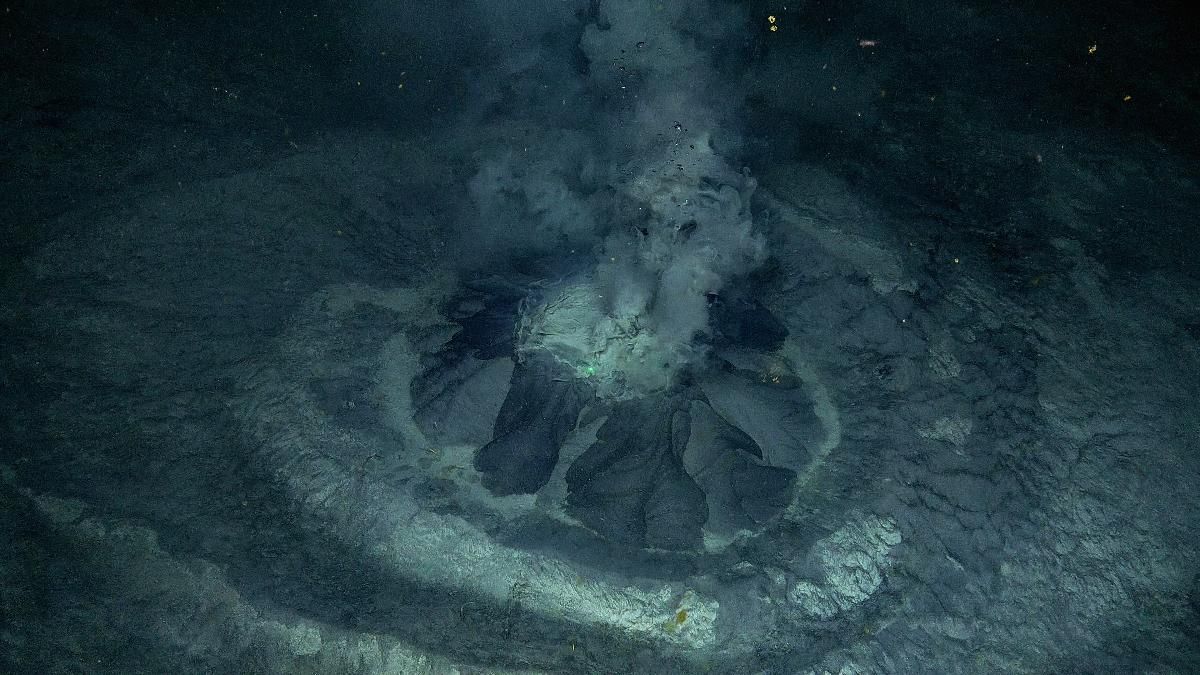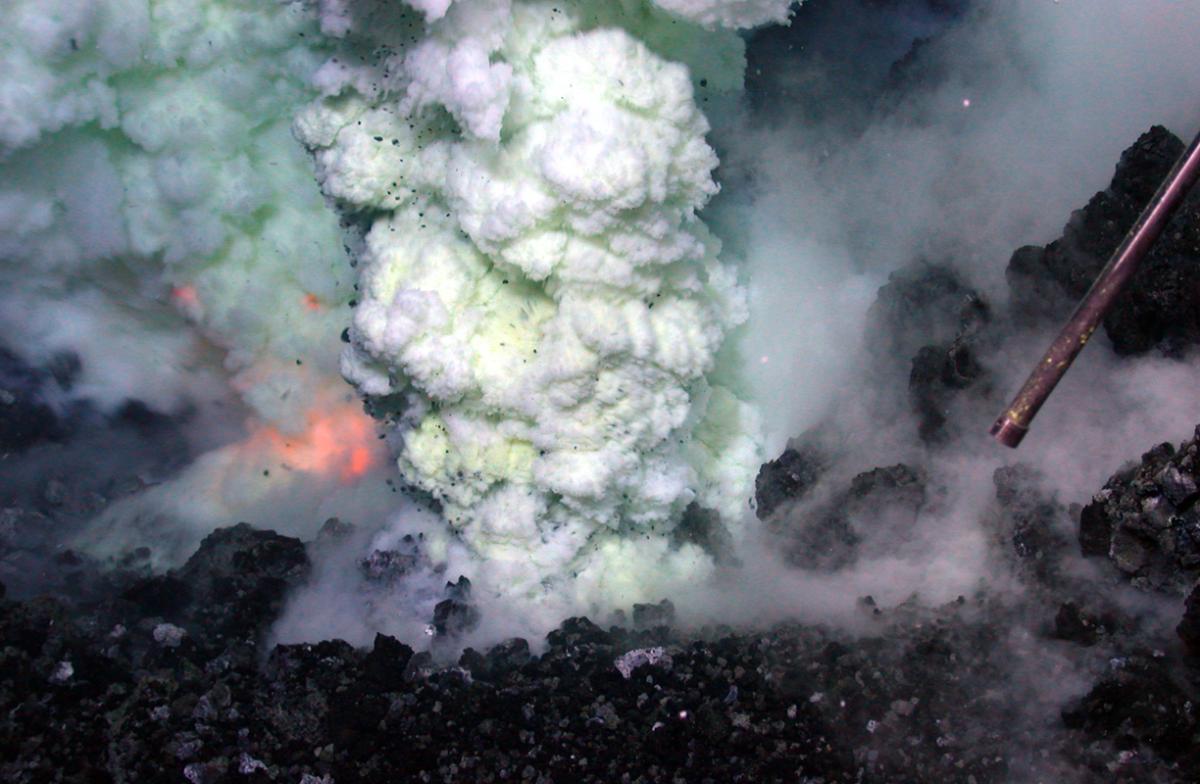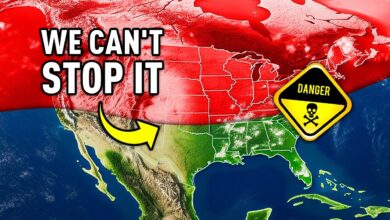A HUGE Underwater Volcano JUST EXPLODED Near The Mariana Trench

An underwater volcano near the Mariana Trench recently erupted, drawing attention to the geological activity beneath the ocean. The volcano in question is the AI Seamount, located in the Western Pacific Ocean within the Mariana Volcanic Arc, a part of the Ring of Fire. This region is known for its intense seismic and volcanic activity, due to tectonic plate interactions. AI Seamount lies about 11 miles southeast of the northernmost island of the Mariana Archipelago, approximately 450 feet below the ocean surface.
The AI Seamount has a history of volcanic activity, though many eruptions have gone undocumented due to the difficulty of monitoring underwater environments. Notable eruptions occurred in 1969, 2001, 2014, and more recently, between mid-October 2022 and May 2023, and again from December 2023 to April 2024. The most recent eruption in August 2024 was detected by the US Geological Survey (USGS) and the Pacific Tsunami Warning Center, using seismic and hydroacoustic monitoring systems. It was marked by low-frequency earthquakes and underwater explosions, indicating magma movement and venting beneath the seamount.

Submarine eruptions differ from those on land due to the immense pressure exerted by the ocean. This pressure suppresses the explosive release of gases from the magma, often resulting in less dramatic eruptions compared to land-based volcanoes. However, when magma comes into contact with seawater, it can produce violent explosions, known as phreatomagmatic eruptions, due to the rapid cooling of magma and the creation of steam. These explosions can generate volcanic ash and form pillow lavas, which are bulbous lava formations created when lava cools quickly upon contact with water.
The potential implications of such eruptions go beyond immediate destruction. A significant underwater eruption could trigger tsunamis, which are massive waves capable of traveling across entire ocean basins. These tsunamis could devastate coastal communities, damage infrastructure, and result in significant loss of life. Historical eruptions, such as the 1883 Krakatoa eruption, have demonstrated the catastrophic potential of volcanic tsunamis. Additionally, underwater volcanic activity could alter marine ecosystems by destroying habitats and affecting water chemistry. On the other hand, volcanic material can introduce nutrients to the ocean, stimulating biological productivity in some areas.

In the long term, the eruption could reshape the sea floor, creating new landforms, like islands or seamounts, and potentially altering ocean currents, which could impact marine navigation and climate systems. Coastal economies that depend on fishing, tourism, or shipping could be severely disrupted.
Studying submarine volcanoes presents many challenges. Their remote and underwater locations make them difficult to access, and the harsh conditions of the open ocean complicate the deployment of monitoring equipment. Technological limitations, such as the durability of equipment in deep-sea environments and the unpredictable nature of volcanic eruptions, make it difficult to track and study these events continuously. Despite these challenges, ongoing efforts by the USGS, the National Oceanic and Atmospheric Administration (NOAA), and international research institutions are expanding our knowledge of these underwater geological phenomena.
The AI Seamount eruption is a stark reminder of the dynamic processes shaping our planet beneath the waves. It underscores the importance of continued research into submarine volcanism, as understanding these events can enhance our knowledge of Earth’s inner workings and improve our preparedness for the potential hazards posed by undersea volcanoes.








